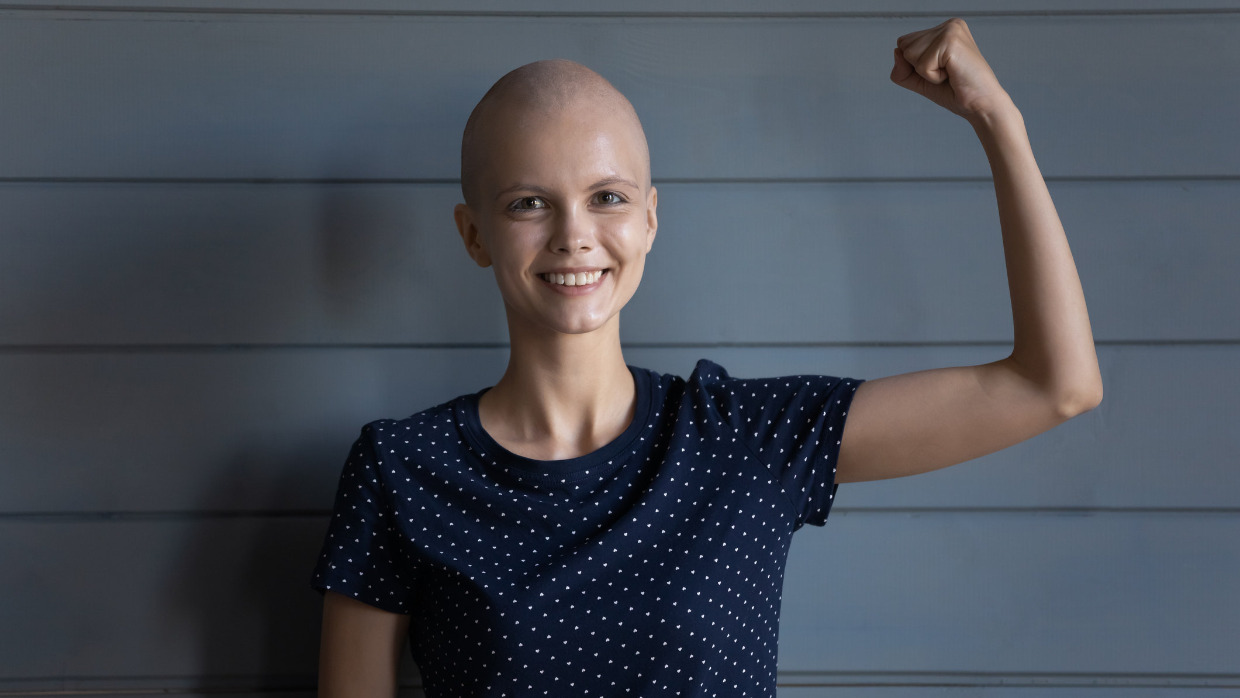 Vampire Weekend's Surprising Jewish Stories
Vampire Weekend's Surprising Jewish Stories


4 min read
How to treat a friend who is sick.
As if the shock of a cancer diagnosis and the avalanche of doctor’s visits and screening tests weren’t enough to handle, there were people’s reactions to deal with. In the beginning, the awkward comments overwhelmed me at a time when I needed to conserve my energy for my own healing. Now, I’m better acclimated to the situation.
Initially, I didn’t tell many people about my health issue. I started with select family members and friends. “Take your cues from the person with cancer. Respect the person’s need to share or their need for privacy,” suggests Sharsheret, The Jewish Breast and Ovarian Cancer Community.
Don’t offer advice they don’t ask for or be judgmental.
I felt exhausted by a long-time friend’s litany of advice and opinions I hadn’t sought. Another person asked, very early in the process before a diagnosis had been reached: “Have you thought of medical marijuana?” That was the furthest thing from my mind.
Sharsheret is spot on: “Don’t offer advice they don’t ask for or be judgmental.”
I grew tired of hearing myself rationalize, “They mean well,” as I googled “stupid things people say when you have cancer.” Divine guidance led me to a brilliant, validating book by Letty Cottin Pogrebin, “How to Be a Friend to a Friend Who’s Sick.”
A breast cancer survivor, the author offers sage advice on how to relate to and help friends who are ill, as well as those dealing with a loved one’s death, dementia, addiction, suicide and other tragedies. For instance, avoid platitudes. While they easily roll off the tongue, they come off as trite. Imagine my discomfort when my dentist apparently tried to comfort me with: “Tomorrow is never promised to anyone.”
Grown-ups say the darndest things.
I believe the Jewish protocol for shiva calls to comfort mourners could serve as a model for how to interact with a friend who’s sick. During a shiva call, visitors typically avoid initiating conversations. They listen and offer support only when engaged. Ideally, they attend to the needs of the mourners rather than their own need to manage anxiety and awkwardness.
Pogrebin says her illness taught her the blessings of silence despite her natural instinct to fill empty air. It taught her to fly reconnaissance before bombarding someone with help. It taught her to pay close attention to sick people’s signals. “There’s a time when they want special attention and a time when the kindest thing you can do is to confer upon them the honor of the ordinary and treat them like anyone else.”
I’m learning to figure out and ask for what I need. This is an evolving process. The “ask” isn’t always the same. Sometimes I just want friends to treat me like the person I was before the diagnosis; I want to go through this phase of my life normally. Other times I want to be listened to, comforted and validated. Still other times, prayers are the best expression of love.
And I don’t always want to talk about or field a gazillion questions about cancer. (Apply this to your particular difficult situation, and I’m sure you’ll know what I mean.)
Splashes of joy are truly refreshing. My soul craves companionship for a day trip to an artsy village, an afternoon at a museum, an evening at the movies or a weekend at a lakeside cabin. I’m learning to ask for play dates.
The cancer experience has been incredibly confronting, and I’m not on top of it yet. Why do I perceive myself as vulnerable if I’m not always strong and independent? Can I accept help without feeling weak?
Could this journey hold gifts? Might it lead to a more purposeful life, built on a foundation of love and softness instead of image management? I think so. I seem to be shifting toward acceptance and surrender. After feeling down and out for a few days post-chemo 2, I sensed a profound awakening. I am starting to let people in more and appreciate that the ping-pong of love back and forth is what life’s all about.
Magic happens when I let others know me in my most vulnerable moments.
